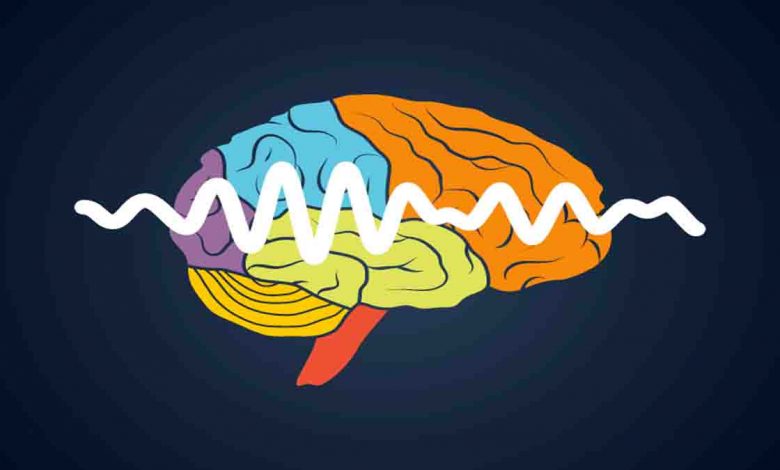Parents need to understand PTSD in children

GUEST COLUMN

The WHO states that worldwide 10-20 per cent of children and adolescents experience mental disorders. Half of all mental illnesses begin by the age of 14 and three-quarters by mid-20s. Neuropsychiatric conditions are the leading cause of disability in young people in all regions. If untreated, these conditions severely influence children’s development, their educational attainments and their potential to live fulfilling and productive lives. Children with mental disorders face major challenges with stigma, isolation and discrimination, as well as lack of access to health care and education facilities in violation of their fundamental human rights.
Children may go through many unresolved childhood psychological issues which can lead them to many psychological and emotional issues later on in life if not resolved at the earliest. Common among these are PTSD, anger issues, anorexia, recurring nightmares, depression, avoidance of intense emotions, attachment and intimacy issues, panic attacks, anxiety, phobias, drug and alcohol abuse, low self esteem and many more.
An 8 year old child came for treatment with recurrent episodes of screaming, crying and waking up many times in the middle of night from her sleep. She had repeated episodes of bed wetting and was losing weight. Her grandmother reassured her and tried to put her back to sleep but the episodes increased. She had a history of witnessing violent trauma where she had seen the death of her parents in a car accident a year ago. Reassurance and emotional support from her grandparents under expert guidance helped her to recover gradually.
A teenage boy aged about 16 years came to us with a history of frequent and increasing anger episodes. This behaviour was leading him into trouble in all his relationships and in school. We found that he had been witnessing domestic violence at home from an abusive alcoholic step father. He told us that whenever he saw or heard of violence anywhere either on screen or elsewhere he got angry, scared and confused. Memories of his abusive father hitting him resurfaced and he got angry and violent. Counselling helped him to cope better with the situations.
A young woman had marital problems and after two divorces she came for counseling. She told us that she felt threatened whenever she came close to her husband and when there was a disagreement on any issue with her husband she got very violent. Her history gave us insight into her behaviour. She had been sexually abused by a relative when she was a child and those traumatic memories resurfaced and flashed past her mind whenever she came close to any male. We had many sessions with her where she was taught the art of letting go of the past and forgiving. She finally made peace with her past and is now a happy woman.
Post-traumatic stress disorder (PTSD) is a very common mental health condition seen in all ages and sexes which is triggered by a violent or terrifying event which one may have seen, leading to fear, flashbacks, nightmares and severe anxiety. PTSD may be accompanied by depression, substance abuse and anxiety.
It is a failure to cope and recover after experiencing or witnessing a terrifying event and the symptoms may last for months or years. Triggers of the trauma or similar situations can bring back terrifying memories of the trauma and this is accompanied by intense emotional and physical reactions. Children who are emotionally vulnerable are more prone to such disorders. They may keep getting scary thoughts and memories of a past traumatic event. It may start soon after the episode in children or after a few months. They may feel emotionally numb, scared and confused for a long time. It may become a chronic problem with them if not attended to soon.
Symptoms are varied and related to a heightened anxiety. They may include nightmares or flashbacks, avoidance of situations that bring back the trauma, heightened reactivity to stimuli, anxiety or depressed mood, problems at school, feeling angry or irritated, stomach pain and headaches, lack of attention and concentration, sleep problems, bedwetting, excessive fear, losing touch with reality etc.
Events that may trigger PTSD in children may be something that happened to the child, someone close to the child or something the child saw which disturbed him like accidents or wrecks. For children aged upto 6 or 7 years it can be invasive medical procedures, natural disasters, abuse which maybe physical, sexual or emotional like bullying, neglect or violence at home or school.
Not every child, teen or adult who goes through trauma gets PTSD. This disorder is diagnosed only if symptoms keep happening persistently for more than a month or so and are negatively affecting the child’s life behaviour and functioning. PTSD symptoms most often start within three months after the traumatic event but they can also start immediately or months to years later. It is important to be aware and take professional help as soon as possible. A child psychologist or psychiatrist or a mental health expert can diagnose PTSD. The treatment will depend on the child’s symptoms, age, and general health. It will also depend on how severe the condition is.
Treatment may include cognitive behavioural therapy which empowers him to face and address his irrational fearful thoughts and helps him to cope better. Medicines may be used for depression or anxiety. These may help some children feel calmer. Family awareness and support along with parenting skills training also matter. The parents need to teach children assertive skills to say no to something they do not like or when someone tries to touch them inappropriately which makes them feel uncomfortable. Do not make matters worse for the child by telling him to be brave or forget or comparing him with yourself or others. Take professional help if you see matters worsening. Teach children resilience, high self esteem and how to cope adaptively with problems. The parents should also take care of themselves. Helping your child cope with PTSD can be a challenging task and may require a lot of your patience, knowledge and support. Time does heal and getting good support for your family can help everyone move forward.
(The author is a neuro psychologist & founder of a crisis helpline)
Monday, 25 January 2021 | Dr Sona Kaushal Gupta | Dehradun






